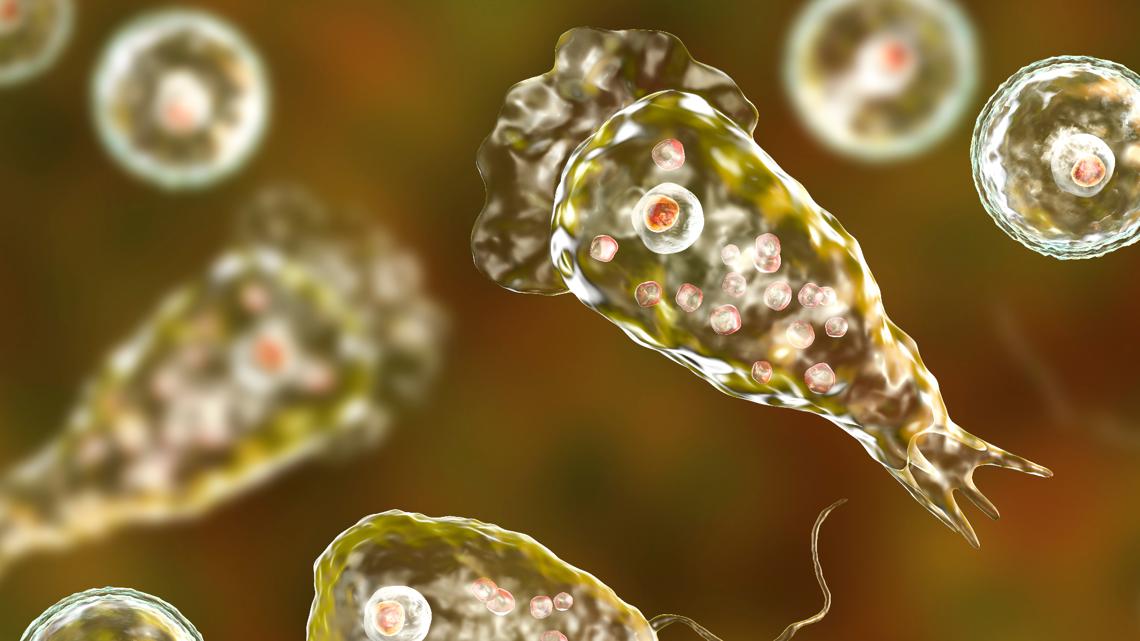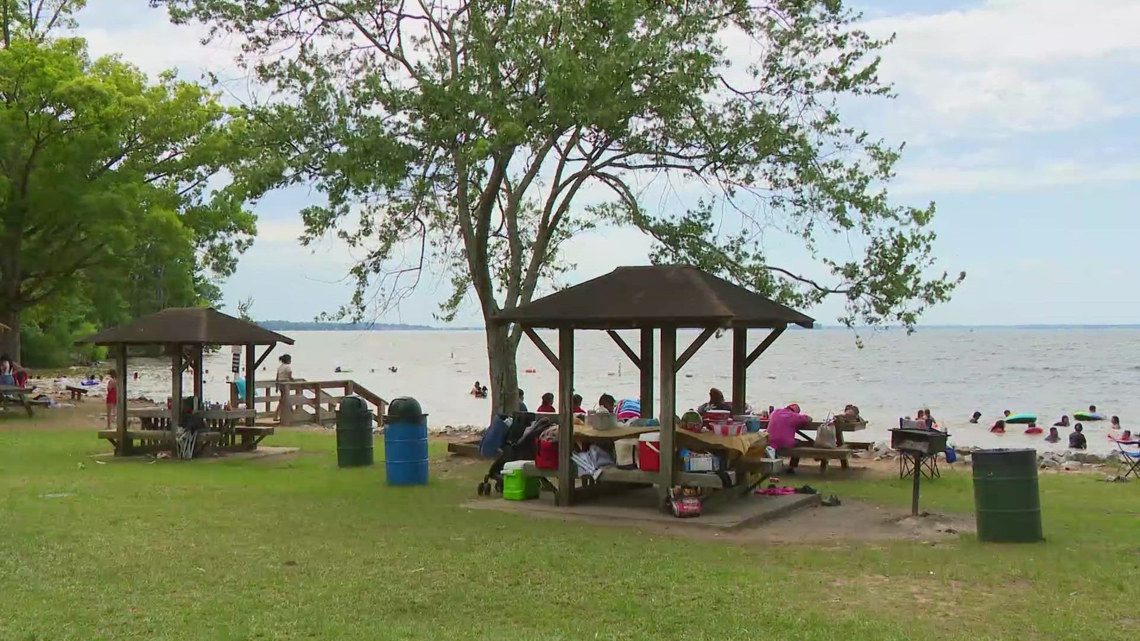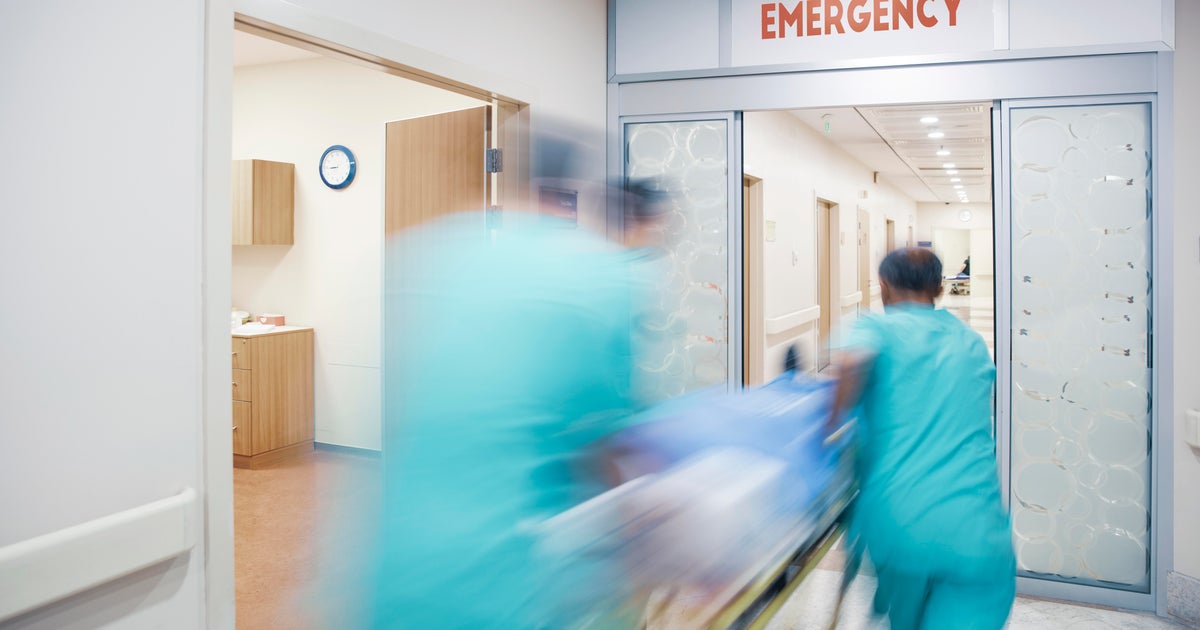T4K3.news
Confirmed death from brain-eating amoeba in South Carolina
A child has died after contracting Naegleria fowleri at Lake Murray, confirmed by Prisma Health.

A tragic case of a brain-eating amoeba has been confirmed by Prisma Health in South Carolina.
Death from brain-eating amoeba reported in South Carolina
Prisma Health Richland Children's Hospital confirmed a fatal case of an infection caused by Naegleria fowleri, a brain-eating amoeba, which is commonly found in freshwater bodies like lakes. The South Carolina Department of Public Health noted that the incident likely occurred at Lake Murray. This infection, though rare with about 10 cases reported annually in the U.S., is often fatal, with more than 97% of cases resulting in death. Dr. Anna Kathryn Burch, a pediatric infectious disease physician, emphasized that while this amoeba exists widely, most who come into contact with it do not get sick if water does not enter the nose forcefully. Families are advised to take precautions when swimming in freshwater to reduce the risk of exposure.
Key Takeaways
"Naegleria fowleri is an amoeba that is ubiquitous to any fresh water in the state of South Carolina."
Dr. Burch explains the common presence of this amoeba in local waters.
"Most of us have been exposed to this amoeba who have been in lakes and rivers and those kind of things."
Dr. Burch reassures that most people do not get sick from the amoeba unless it enters through the nose.
"This is a rare infection—fewer than 10 cases are reported per year in the U.S. But knowing how it spreads is the best thing you can do."
Dr. Burch emphasizes the rarity of infections while stressing the importance of awareness.
This case highlights significant public health concerns, particularly in regions where freshwater activities are common. The risk of Naegleria fowleri rises in warmer weather, prompting parents to reevaluate swimming practices. Despite being rare, the gravity of the consequences warrants increased awareness and education. As families plan their summer activities, understanding how to avoid risks can prevent future tragedies. South Carolina’s humid climate makes it essential for communities to address this threat with proper information and resources, allowing families to enjoy their freshwater experiences safely.
Highlights
- Awareness and education can prevent future tragedies related to Naegleria fowleri.
- Understanding the risks can allow families to enjoy summer activities safely.
- Naegleria fowleri is present in every lake, but not everyone gets sick.
- Infection rates rise with warmer weather, so be cautious during the summer.
Public health concerns linked to amoeba exposure
The case of Naegleria fowleri raises alarms about safety in freshwater swimming areas, necessitating heightened public awareness and precautions.
Informed precautions can make summer freshwater activities safer for families.
Enjoyed this? Let your friends know!
Related News

South Carolina confirms death from brain-eating amoeba

Pediatric death linked to brain-eating amoeba

Brain-eating amoeba case confirmed in South Carolina

Patient dies from brain-eating amoeba in South Carolina

Child dies from brain-eating amoeba in South Carolina

Child dies from brain-eating amoeba after swimming in South Carolina lake

Parents demand lake safety reforms after child's death

Family of South Carolina child who died from amoeba speaks out
